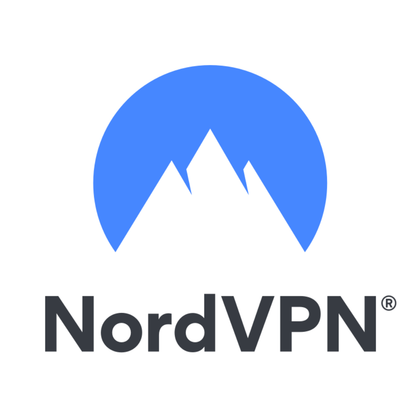Our day-to-day lives have come to depend on the internet and being proactive about your cybersecurity has never been more important. Everything from your browser to the server you connect to could be the weak link that lands you in trouble. Here is what you need to know about incognito mode and VPNs, so you know how each tool affects your security.

- Logging policy
-
No-log policy
- Mobile app
-
Android and iOS
NordVPN is one of the fastest VPN options available. It’s also easy to use and compatible with a variety of devices.
What Is Incognito Mode?
Incognito Mode goes by many different names depending on your browser. The feature is called Private Browsing on Firefox, Incognito Mode on Chrome, or InPrivate Browsing on Edge, but they all do basically the same thing: they prevent logs of your activity from being saved to your local PC.
Normally, as you browse the internet, your browser is storing a ton of information. It records where you went and when. Most browsers note what passwords or cards you autofilled if you use the browser to store those. Cookies stored on your browser also keep a log of where you’ve been, and some of them store session data, so you don’t need to manually log in to a website every time you visit. You just “stay logged in.”
Private browsing changes all of that. Your information is only stored so long as your private window is open. Once you close it, everything you’ve done is erased, and there is no local copy of the data retained.
Incognito Mode (Private Browsing) Only Protects You Against Local Snooping
Normally, the data saved by your browser is a potential treasure trove of information for anyone that can log in to your PC.
Since private browsing prevents that data from being stored in the first place, it is a pretty effective way to protect yourself against local snooping.
It also shines if you ever need to log in to your accounts on a PC that isn’t your own, like at a public library or at a friend’s house. If you do everything in a private browsing tab, you don’t need to worry about remembering to log out of everything when you’re done, or wonder what snippets of information you unwittingly left behind. It’s all deleted when you close out your browser.
Private browsing does nothing to hide your activity from your ISP, the websites you visit, or even your local network administrator, however.
What Protection Do Virtual Private Networks (VPNs) Give You?
VPNs and private browsing often come up in the same context because they’re both technically privacy measures, but how they work, and what protection they provide, are completely different.
A VPN creates an encrypted tunnel between your device and a server hosted by your VPN provider.
With that setup, all of the internet traffic from your device (it could be a PC, phone, tablet, or many other tech devices) is encrypted. That means that no one between you and the VPN server, like your local network administrator or your internet service provider, can read what you’re doing on the internet.
Most sensitive services, like banking websites or apps, are fully encrypted now, so the encryption offered by a VPN shouldn’t be strictly necessary to protect you from digital eavesdroppers. However, there isn’t any harm in using it, and it may prevent unencrypted data from being collected and read by nosey third-parties.
Additionally, any websites or services you connect to won’t see your IP, they’ll see the IP of the VPN server instead.
That provides a little bit of anonymity since the things you connect to won’t be able to instantly and directly read your IP address, but it won’t protect you against other identification methods, like browser fingerprinting. It also won’t help you if you’re logged in to a bunch of online services, since those services will instantly associate your new IP (the VPN server’s IP) with your account.
You cannot and should not expect a VPN to completely hide your identity on the internet—achieving that is actually very complicated.
On the other hand, VPNs are handy when you need just a touch of anonymity, or to appear like you’re actually residing somewhere else. Many websites (YouTube) restrict certain content in different regions. You can easily use a VPN to make it appear as though you’re in a different region that does have access to the content.
Though both VPNs and private browsing provide some measure of privacy protection, they have completely different uses—one prevents people with access to your PC from looking at your browsing history; the other prevents third-parties on the internet from snooping on your activity.
Critically, you shouldn’t assume that the limited anonymity provided by a VPN will be enough to protect you if you’re doing something illegal. When push comes to shove, it probably won’t be.